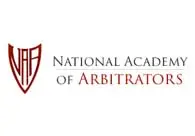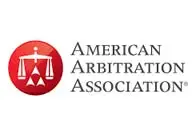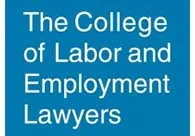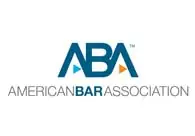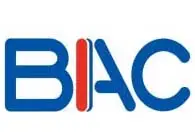Guiding You Through a Seamless Arbitration Process
Before the Hearing
As soon as I receive an appointment, I will email the advocates to ask whether they prefer the hearing to be online or in-person, and if in-person, the approximate location. This will help me provide a list of prospective hearing dates.
If the hearing will be online, I will schedule a brief, online meeting between me and the advocates to discuss logistics (e.g., how we will handle exhibits during the hearing) and to make sure everyone is comfortable with the technology. I will email the advocates a checklist of the items we will discuss in this meeting. The meeting typically lasts about fifteen minutes. In the day or two before an online hearing, I will expect the parties to email me a witness list (full names, spelled correctly, with titles) and any documents that will or might be used as exhibits.
At the hearing
I rarely if ever ask substantive questions of the witnesses. The advocates – not the arbitrator – are in charge of presenting each side’s case, and if there seems to be an obvious but unanswered question, I will assume there is a good reason why the advocates have chosen not to address it. I occasionally ask for clarification – most often, when the witness is using an acronym or other term of art that everyone but me seems to understand, or if I didn’t hear something, or to ask the witness to slow down so I can catch up with my notetaking.
I will not record the hearing in any format unless the parties specifically and jointly request me to do so. Instead, I take careful notes (the old-fashioned way, with pen and paper), which keeps me focused on the testimony. Court reporters are at the option of the parties.
I prefer informality to formality. I seldom rule to exclude evidence, but will signal to the parties if I am finding the testimony unhelpful because it’s duplicative or tangential.
If the hearing is online, I am happy to set up and run the meeting. Doing this every day for more than a year for my classes has made it second nature – routinely overseeing 70+ students doing small-group exercises in breakout rooms makes running an online hearing easy by comparison. Advocates are welcome to control the introduction of exhibits on their own by using their screen-share, or I can take that burden off them by pulling up and screen-sharing the documents myself. To my mind, conducting a cross examination is hard enough without simultaneously having to navigate several sets of electronic documents.
Throughout the process but especially during the hearing, I expect the advocates to work professionally with each other. You are in arbitration because your clients disagree about something important, and I expect you to zealously advocate. However, being difficult or unpleasant is not effective advocacy. Please be flexible and accommodating in setting the hearing date and location and format and in agreeing to joint exhibits. Excessive table-pounding leads me to question the strength of an advocate’s case on the merits.
After the Hearing
No two discipline cases have identical facts; no two collective bargaining agreements contain exactly the same language. Consequently, I have found that citations to authority are seldom useful in post-hearing briefs. Instead, I find it most useful when the advocates focus on applying the language of the collective bargaining agreement to the facts presented at the hearing.
Please send me your post- hearing brief by email, and send it in two formats: PDF and Microsoft Word. I will cross-file the PDF version and use the Word version to cut-and-paste material like the language of the CBA into my award.
I pride myself on getting most of my awards to the advocates within about a week of receiving the post-hearing briefs.
Employment, Commercial, and Consumer Cases:
Although most of my cases are traditional labor cases, I also arbitrate a significant number of employment, commercial, and consumer cases. Procedures in these cases may vary according to the applicable rules and expectations of the parties.

